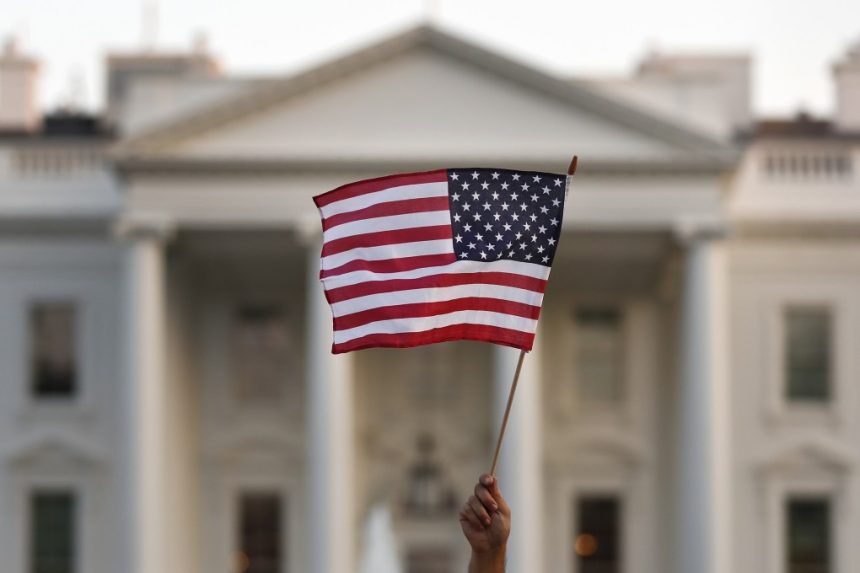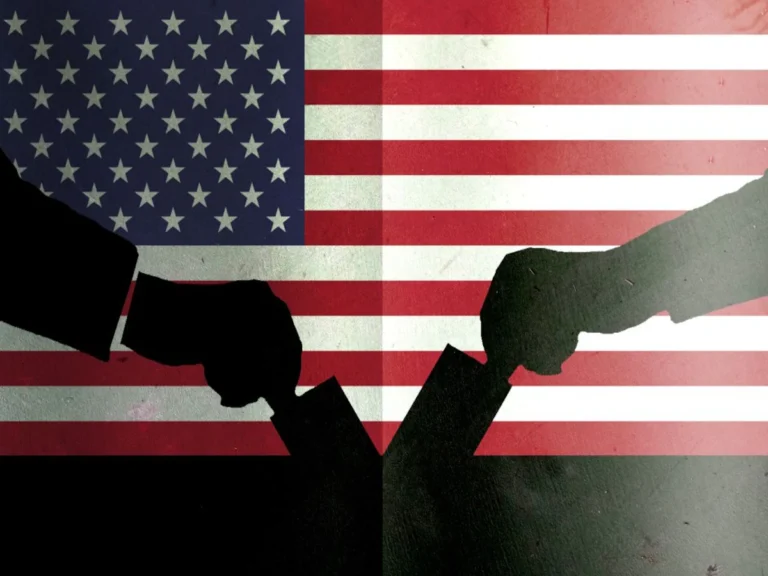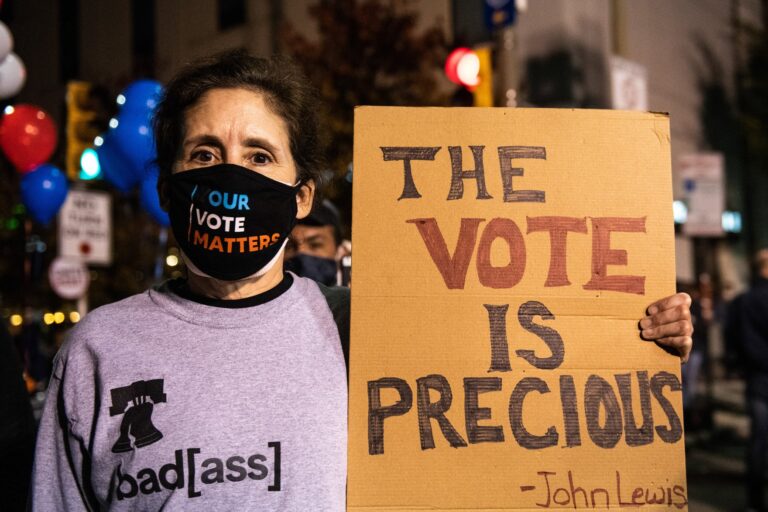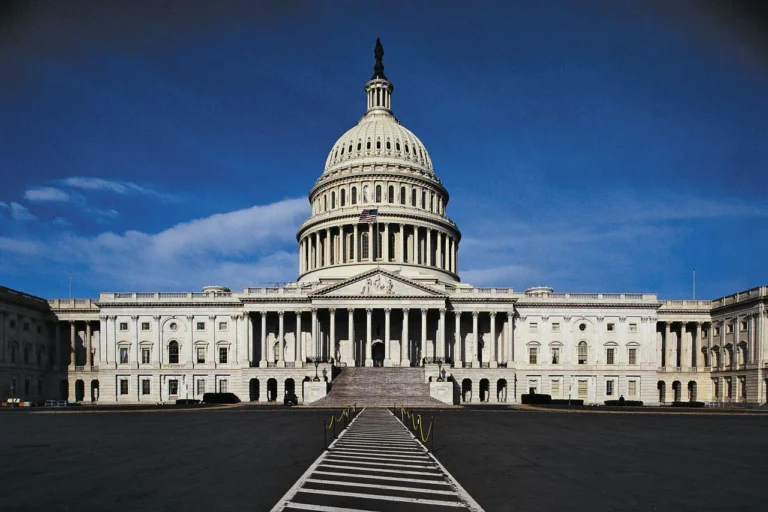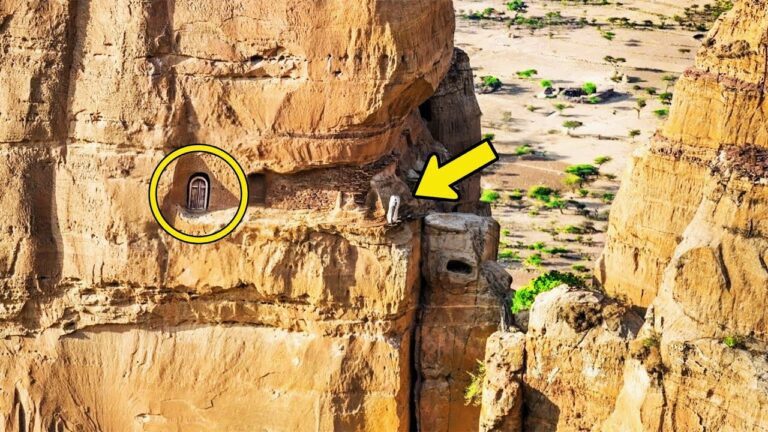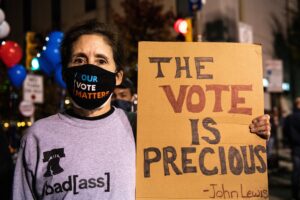American democracy has long been hailed as a model of stability and freedom, but in recent years, growing concerns about the integrity of the U.S. electoral system have raised alarms about the future of democracy in the country. From voter suppression to election interference, there are numerous challenges facing the U.S. electoral system that could undermine trust in the democratic process. In this blog, we explore the various threats to American democracy and what they mean for the future of the nation.
1. Voter Suppression
One of the most significant threats to American democracy is voter suppression. Over the past decade, several states have passed laws that make it more difficult for certain groups of people to vote. These laws disproportionately impact minority communities, the elderly, and low-income individuals, who are more likely to face barriers to voting.
For example, states like Georgia and Texas have implemented strict voter ID requirements, restricted access to absentee ballots, and reduced early voting hours. These measures have sparked widespread criticism, with opponents arguing that they are designed to disenfranchise voters, particularly in communities of color. The Supreme Court’s decision to gut the Voting Rights Act in 2013 has further exacerbated these issues, allowing states with a history of discrimination to pass more restrictive voting laws.
2. Gerrymandering
Another significant threat to democracy is gerrymandering, the practice of drawing electoral district lines in a way that benefits one political party over another. Gerrymandering allows politicians to manipulate the boundaries of voting districts to ensure that their party wins elections, regardless of the will of the voters.
Both parties are guilty of gerrymandering, but it’s most often used by the party in control of state legislatures to solidify their power. In the 2010s, Republicans were able to use gerrymandering to secure a disproportionate number of seats in Congress, despite receiving fewer votes overall. While some states have taken steps to address gerrymandering by creating independent redistricting commissions, the problem persists in many others, distorting the democratic process.
3. Election Interference and Foreign Influence
Another serious threat to American democracy is foreign interference in U.S. elections. In the 2016 presidential election, Russian operatives used social media platforms to spread disinformation, sow discord, and influence public opinion. The Mueller Report documented a range of efforts by the Russian government to meddle in the election, including hacking Democratic Party emails and targeting American voters with divisive ads.
Despite efforts to secure elections in the wake of the 2016 interference, experts warn that foreign adversaries will continue to target U.S. elections in future years. The rise of cyberattacks and deepfake technology presents new challenges for election security, and the ability to manipulate public opinion online makes it easier for bad actors to influence the democratic process.
4. Partisan Divides and Political Polarization
The increasing polarization between political parties is also undermining American democracy. The U.S. has become more politically divided than ever, with little common ground between Democrats and Republicans. This polarization has led to a breakdown in cooperation, making it difficult to pass important legislation or find compromise on major issues.
The growing divide has also fueled political violence and extremism, as evidenced by the January 6th Capitol insurrection. As citizens grow more entrenched in their political views, they are less likely to listen to opposing perspectives, leading to greater mistrust in government institutions.
5. Disinformation and Misinformation
The spread of disinformation and misinformation is another significant threat to the U.S. electoral system. False claims about election fraud, voting procedures, and the legitimacy of election results have proliferated on social media, leading to widespread doubts about the integrity of the democratic process.
In the aftermath of the 2020 election, former President Donald Trump and his supporters propagated baseless claims about widespread voter fraud. These claims, despite being debunked by courts and election officials, led to a dangerous erosion of trust in the election system. If Americans no longer trust the results of elections, it threatens the very foundation of democracy.
Conclusion: Defending Democracy
American democracy is at a crossroads. From voter suppression to election interference, there are multiple threats facing the U.S. electoral system. To protect the integrity of the democratic process, it’s crucial that citizens remain vigilant, demand transparency, and push for reforms to address these issues. Ensuring fair and free elections is essential for the survival of democracy in the United States, and it is up to all of us to safeguard it for future generations.

